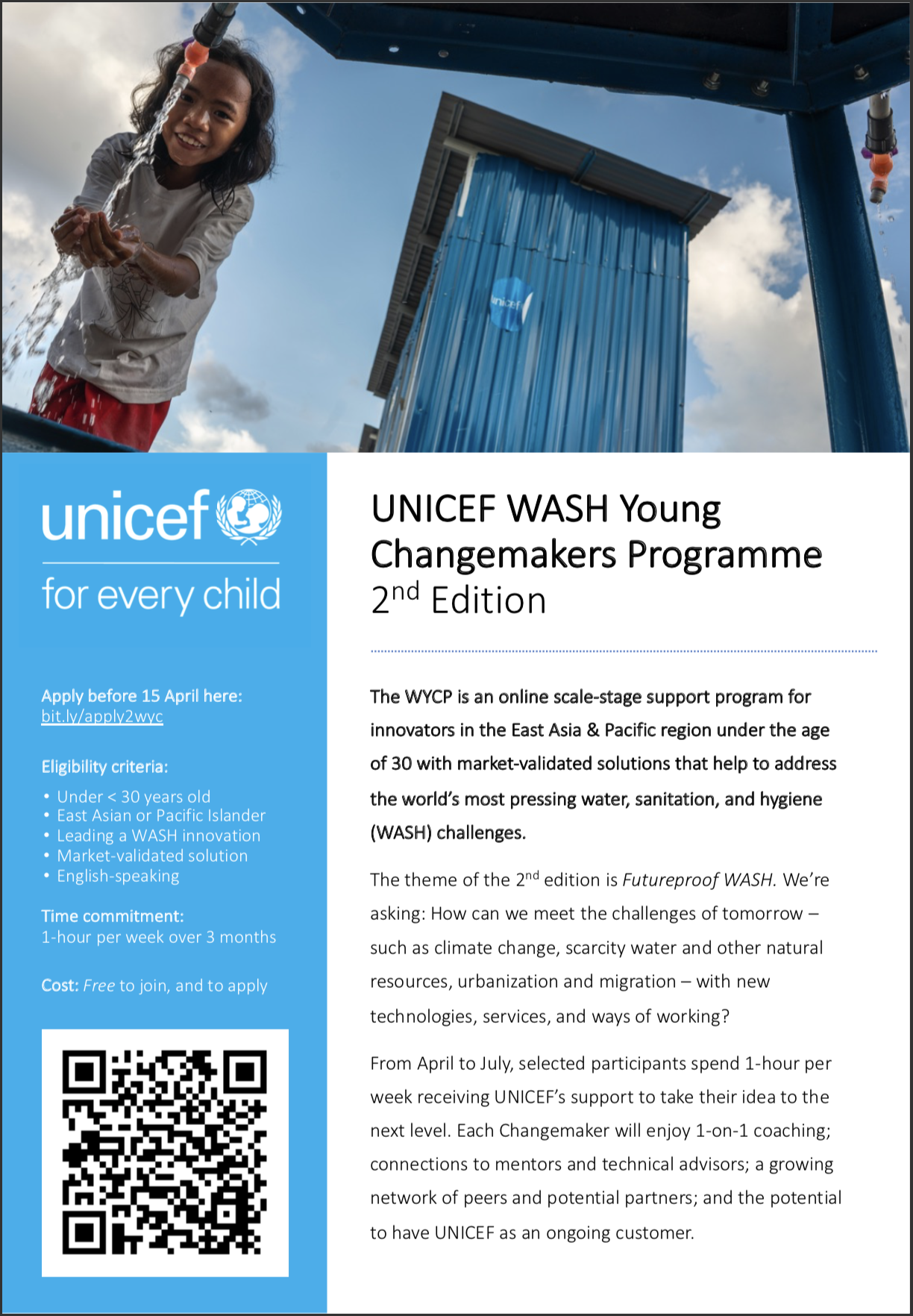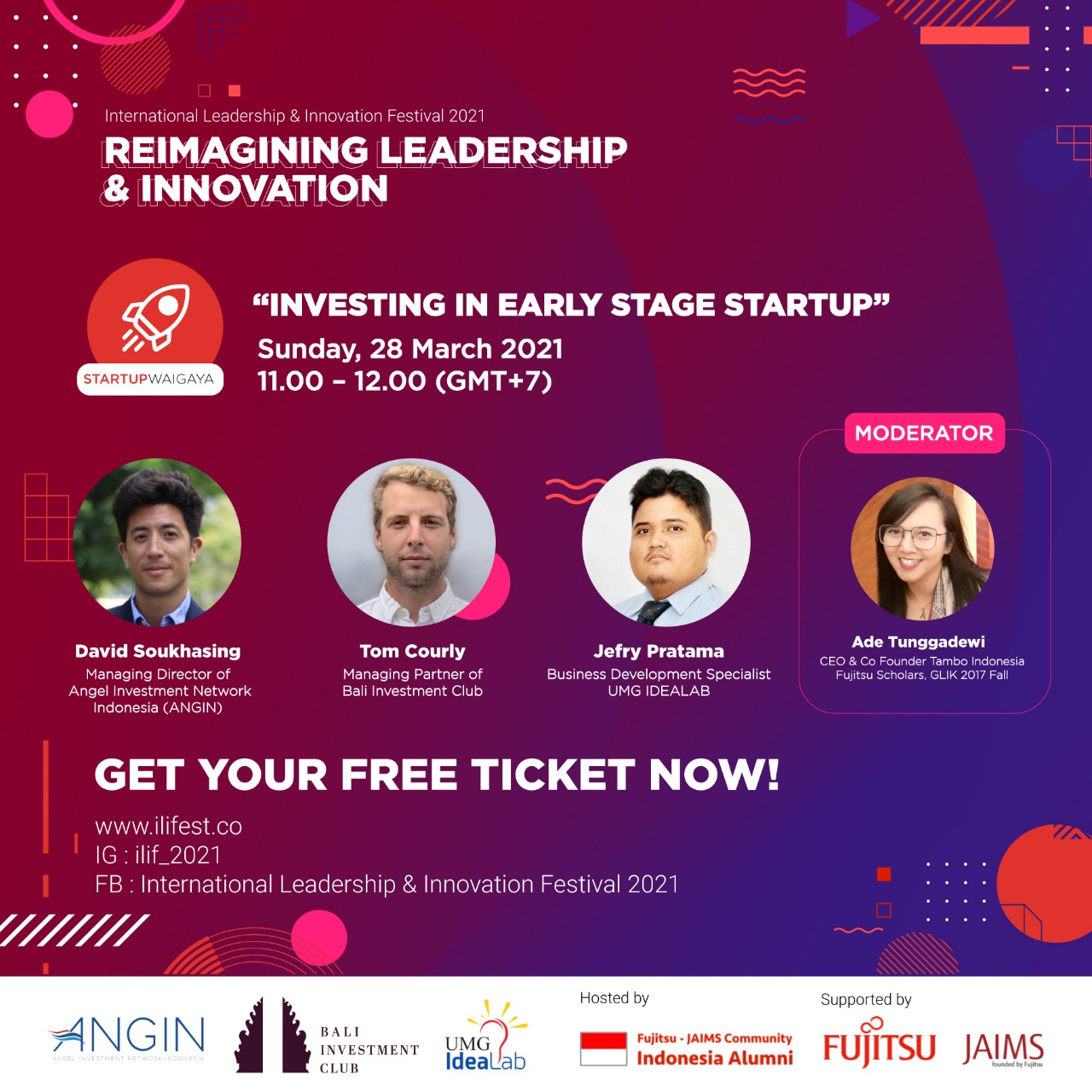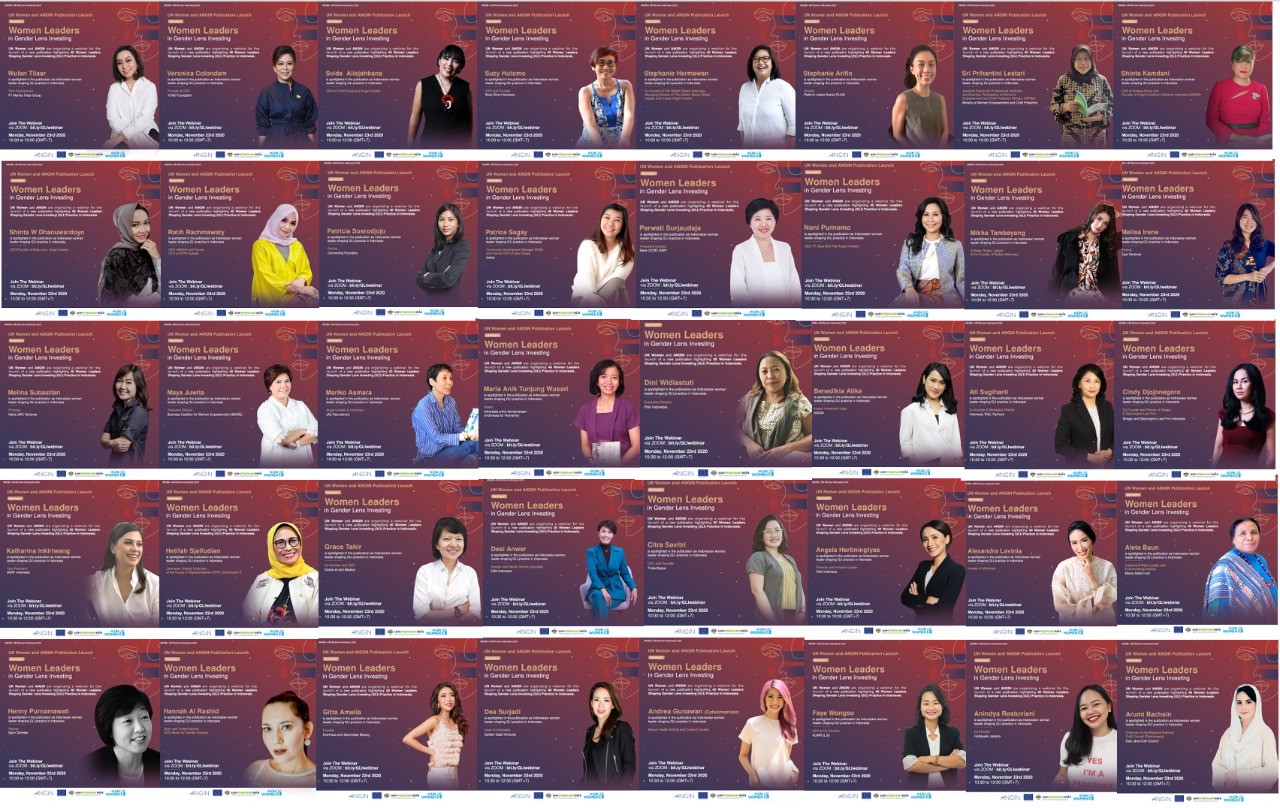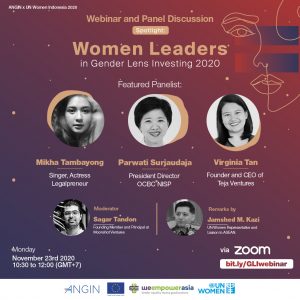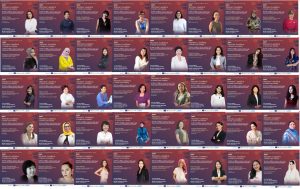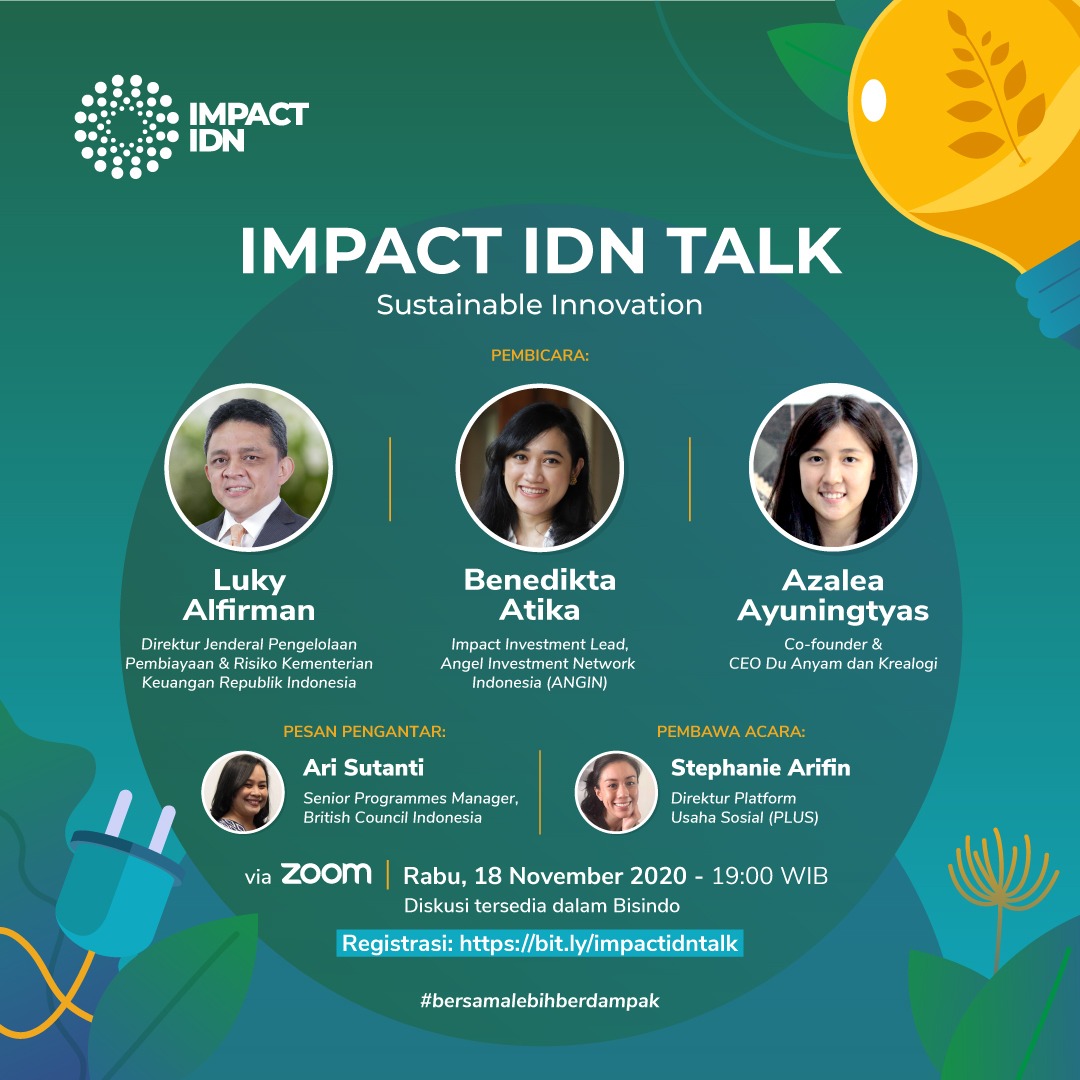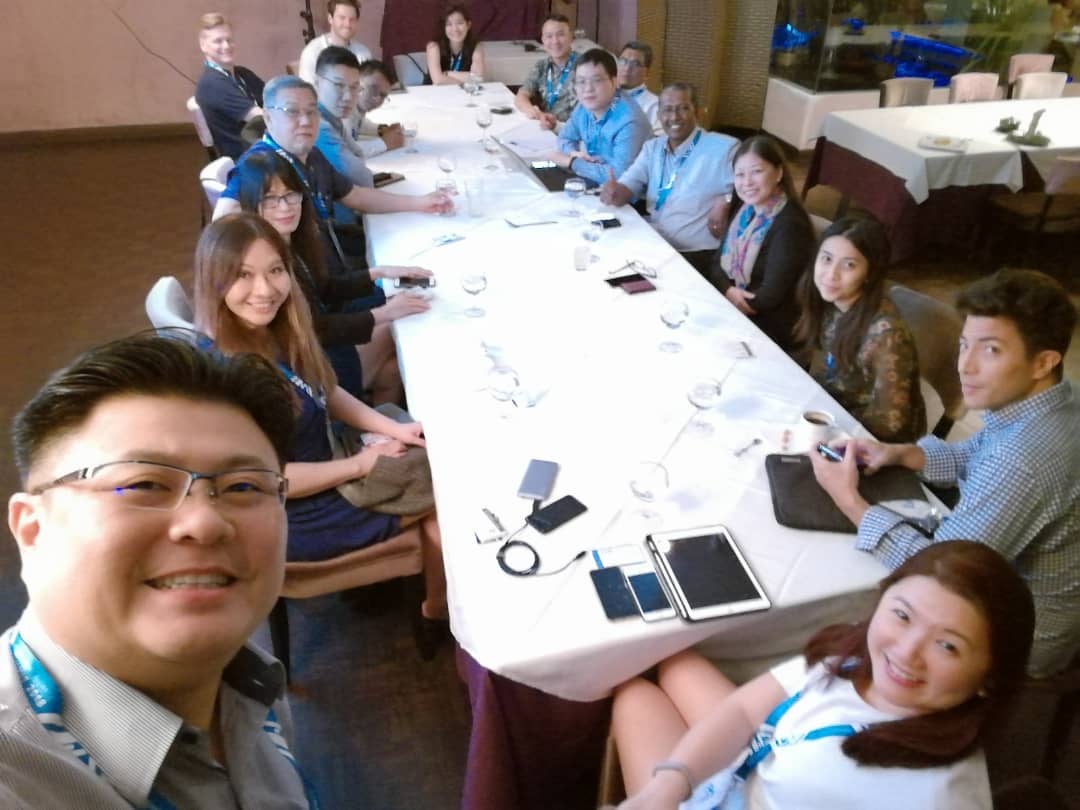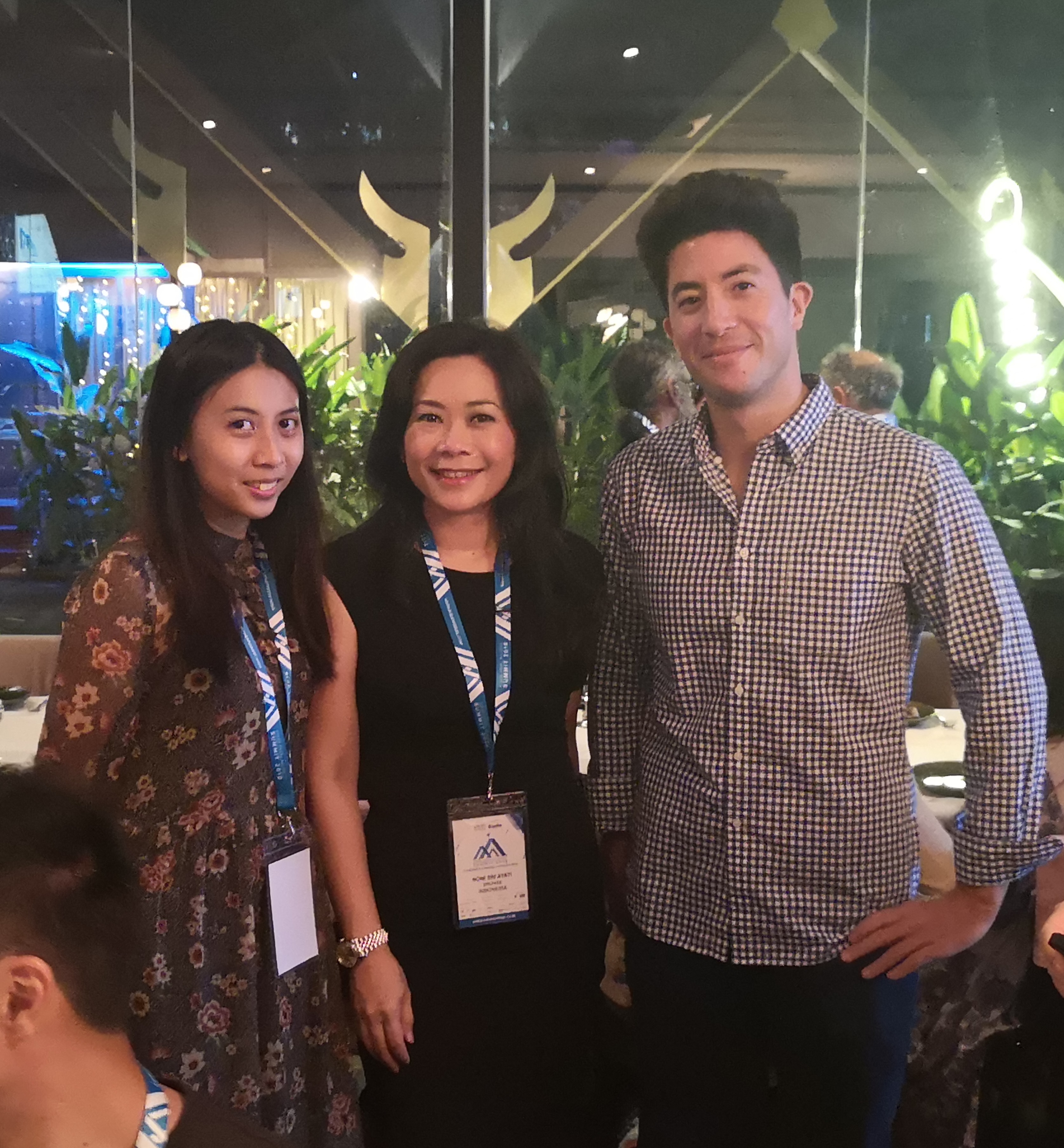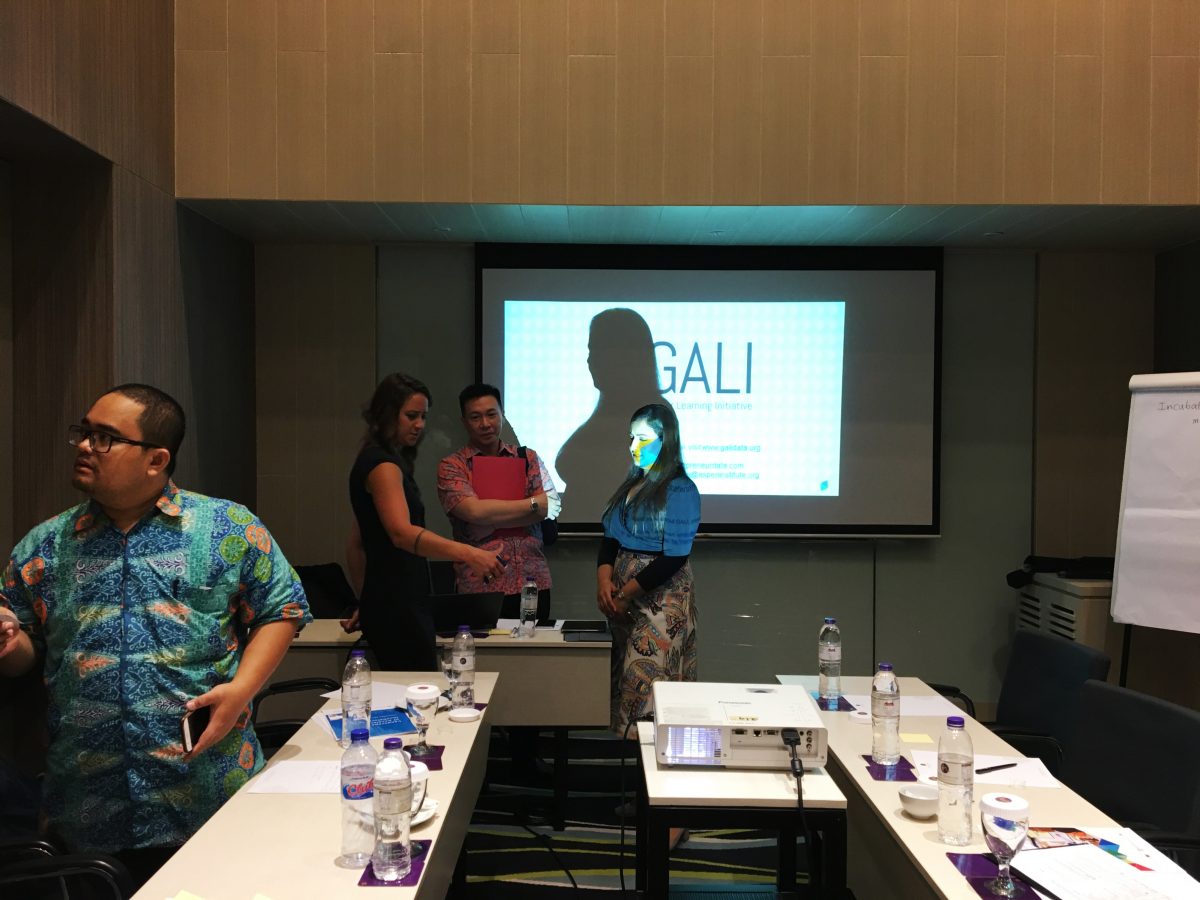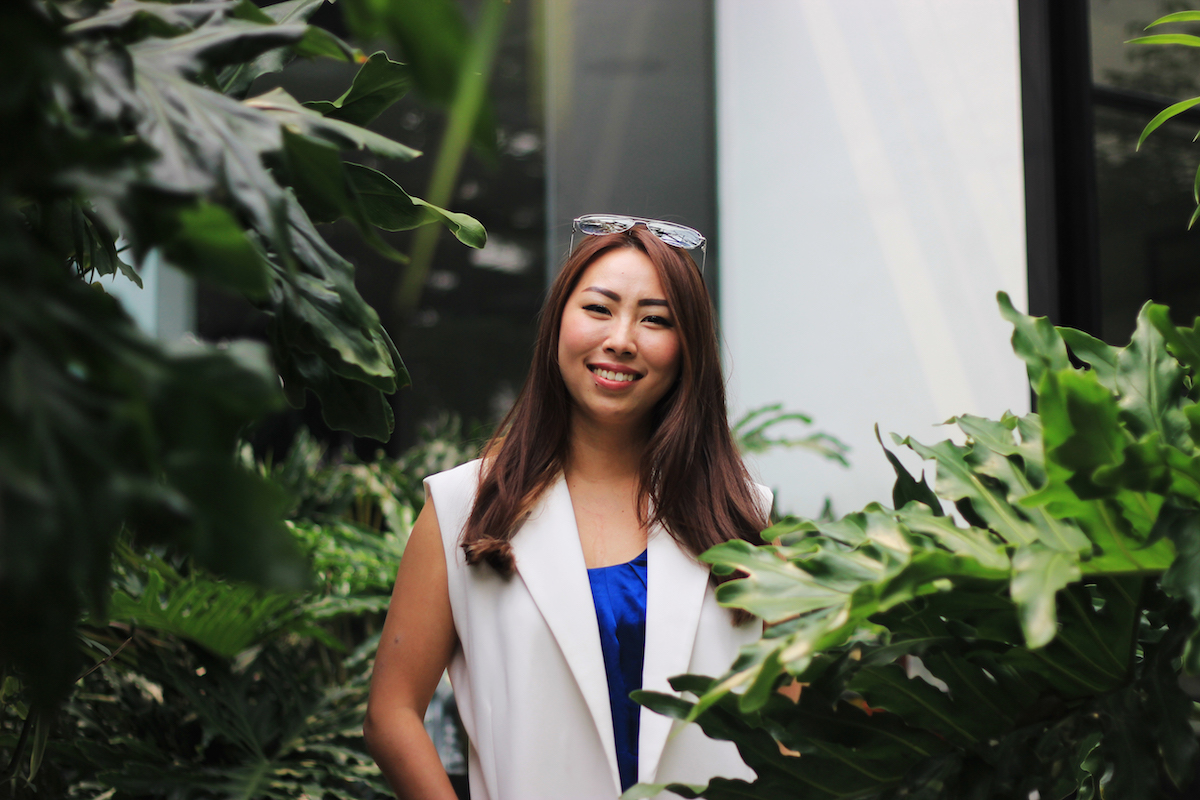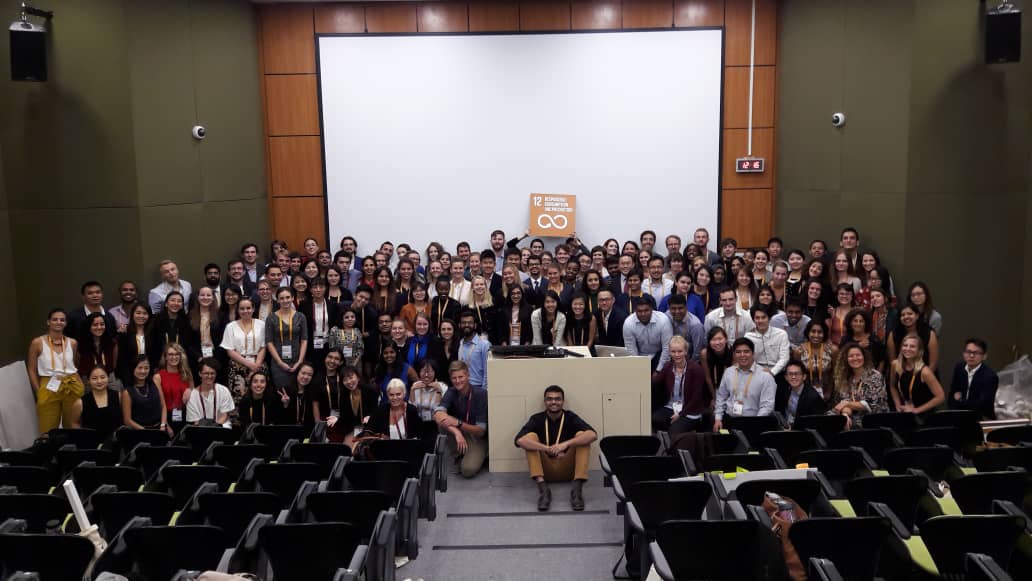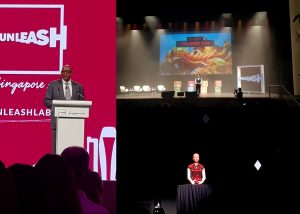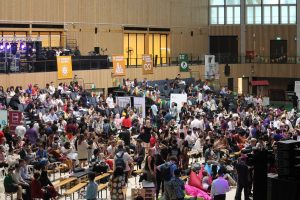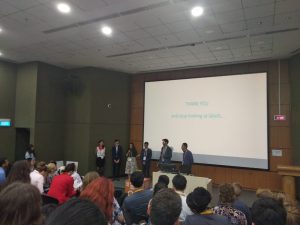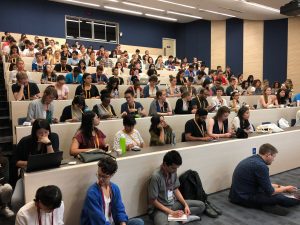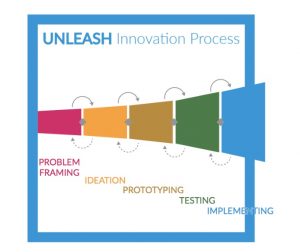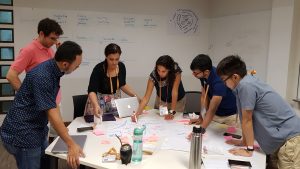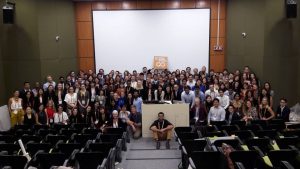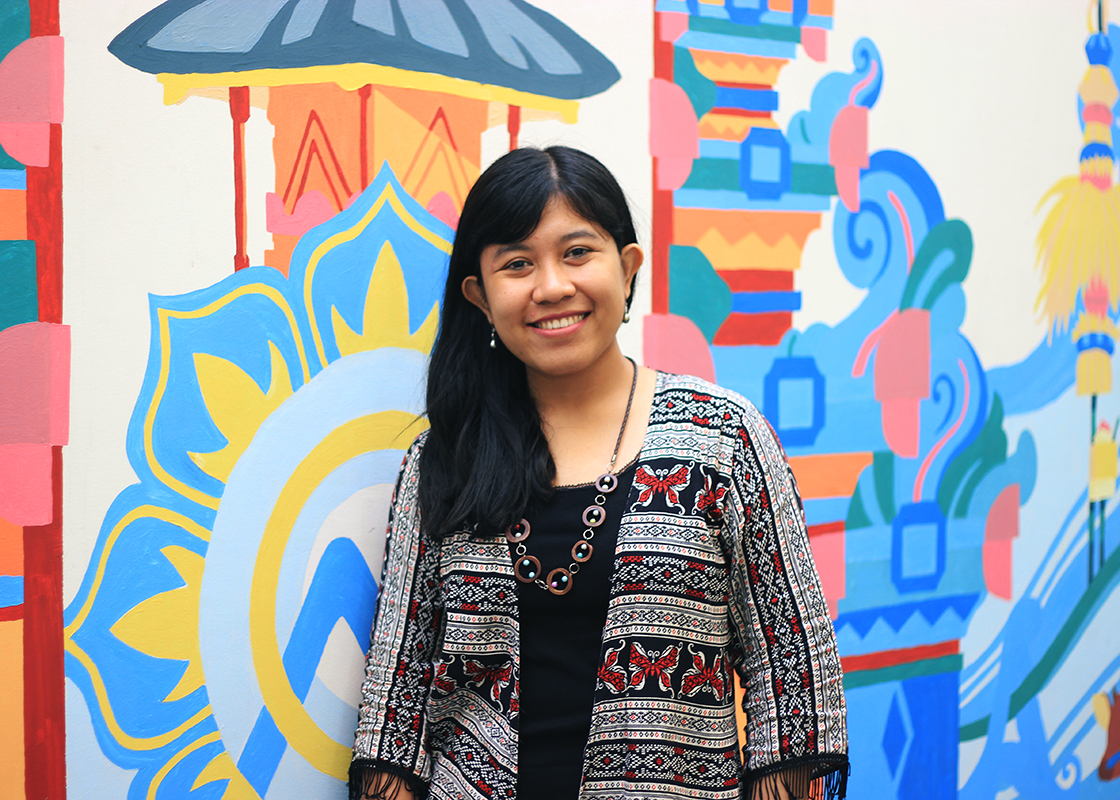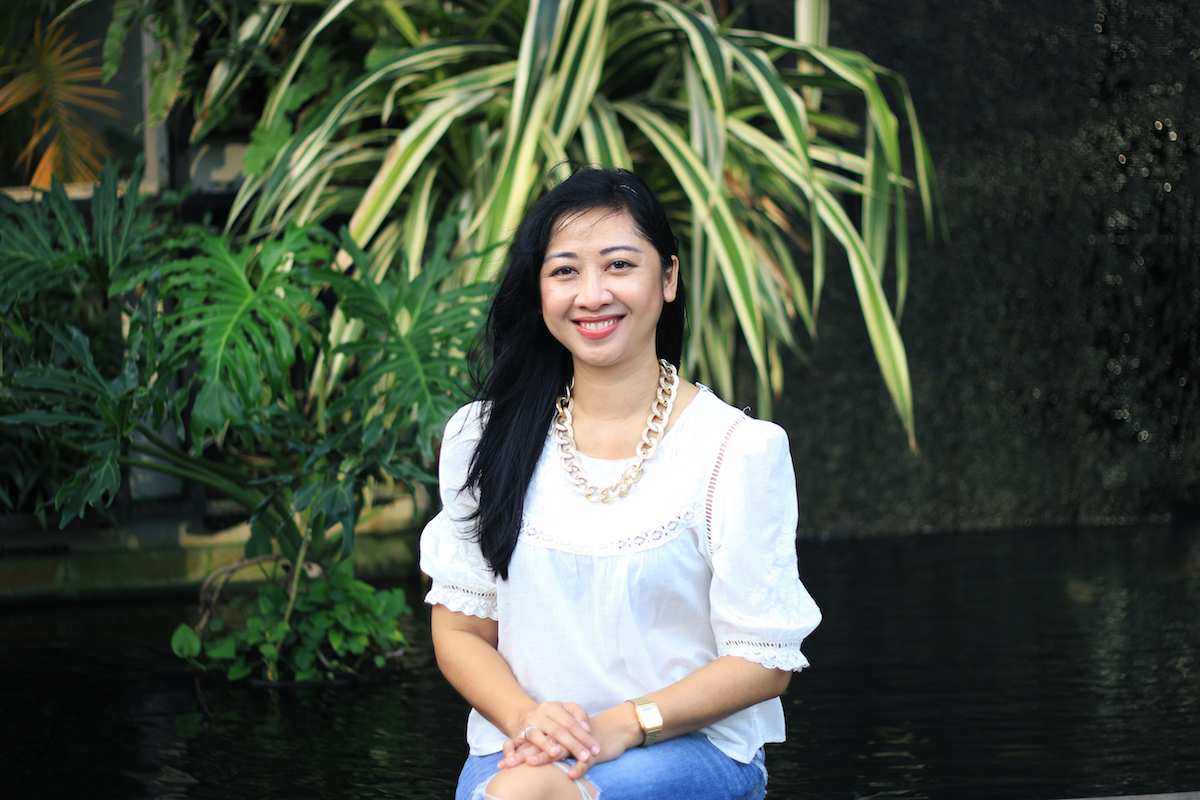Tell us a bit about yourself.
My name is Suri. My complete name is Ni Komang Ayu Suriani and I’m founder and CEO of Diffago.com, an online platform helping to organize corporate social responsibility (CSR) for impacting disability issues.
I started my career in disability issues five years ago as founding team and project coordinator of DNetwork.net – a pioneering jobs network connecting people with disabilities to employment in Indonesia. During my journey as project coordinator in Indonesia, I realized that there are so many factors impacting the disabled community’s chances of gaining employment. Some of those factors are education, mobility, accessibility – among others. That’s why since January 2018 I started Diffago.com, to address some of the issues that cannot be tackled by my previous organizations.
Diffago has four services. First, we are creating a platform – it is similar to a crowdfunding model, but we will approach companies and organization to give their CSR for disability issues. Second, we will provide trainings that prepare those in the disabled community to be work-ready. Third, we will connect them to companies to get employment. Fourth , we will provide a platform that will connect buyers with disabilities in the middle-up level who need mobility aids (prosthetic leg. Prosthetic hand, etc) to mobility aids provider. So it is helping people with disabilities on a very economically diverse level. Because one of the issues that people with disabilities face here in Indonesia is that not many of them know where to get appropriate mobility aids. Especially for people from middle-low also middle-upper economic class.
Why is disability an issue we should care about?
There is a huge population of people with disabilities in Indonesia. Based on the International Labour Organization data in 2012, there are approximately 24 million people with disabilities in Indonesia. Of that 24 million, 13 million are unemployed – over 50%. Unemployment affects other sectors as well; largely the root causes are lack of mobility, accessibility, and education. They cannot attain a good education because they cannot go out easily; there is no infrastructure to help them do so independently. Many of them are not as mobile as able-bodied people; they can’t just go anywhere at anytime. It’s very hard for them. That’s why it’s so hard for them to get employment, to get better education, to get better health. That’s really what made me go, “Wow, this is a very complex issue.” It’s much harder to address than it seems.
And besides, anybody can become a person with disability at any time. If you don’t care about these issues, if you don’t care about creating inclusive communities, then what will happen? If you become a person with disability from, say, a car accident, what will happen next? This is a societal issue. We have to care, we need to create more inclusive communities for people with disability – if not for others, then for ourselves and future generations.
What are some unique challenges that women might face in the disabled community?
The majority of women with disabilities find major difficulty in gaining employment and education. This is also the case for able-bodied women without disabilities. You could imagine how much harder it is for women have disabilities. It’s also related to the culture in Indonesia. Again, even for women without disabilities it’s a very difficult to get involved in the community, to gain meaningful employment, or achieve a high level in the workplace. Even in attaining education. Because some people in Indonesia believe that if women get married, they will end up in the kitchen. So why bother attaining higher education? Can you imagine if those women also had a disability? It’s an even worse case for them.
Are there specific ways we can help women with disability? In which areas can we help them?
We need to ask ourselves how we can build their confidence, how we can help them to feel that they also have value and a good future. And we must help them realize that value first. If they realize it, then we can help them to increase their confidence. If they have the confidence, we can help them to gain employment and education, to integrate and involve them in the community more. We need them to realize that, “Hey I’m a woman, I’m smart, I’m beautiful, I’m a human being just like you who deserves employment and a good livelihood” – instead of just staying at home and waiting for help form their family. At the present, they feel as if they can’t do anything, even though they’re adults. As if they have to wait for their families, or that they can’t make decisions for themselves. I think we can really help them realize otherwise through family approach to change their family mindset firstly that their daughter/ aunty/ whoever women with disability in their family; they also have a “holly” future that we can help to create together tobe a better one. Then we can involve them into trainings and workshops related to the problem they face..
What’s it like to be a (female) entrepreneur in Bali?
It’s like you’re entering the real jungle, you know? (laughs) It’s so hard, especially in Bali. The resources here aren’t like those available in Jakarta. It’s hard to access opportunities. Events, network, et cetera. Even my own team – none of them are based in Bail. All of them are in Jakarta or Bandung. I’m actually the only one here in Bali.
Being an entrepreneur is challenging for me. I have no background in business; I studied law and have experience in the nonprofit sector. But I’m the kind of person who loves to learn new things, and most of my team members have a business background so I learn from them. And I got motivation from my advisor, Faye Alund . She’s someone who had experience in the nonprofit world for 10 years but still found success in business. So I am sure I can learn; it may take time, but through my team’s and advisor’s help, I will learn how to build a social enterprise. Because social enterprise is not exactly the same as a commercial business right? So we have to think on two sides: how to be sustainable and generate revenue, and but also the social aspect as well. It’s very hard. Maybe harder than just running a 100% commercial business.
Have you faced any specific challenges being a female entrepreneur?
Yes. For instance, when we’re trying to approach investors or when we need to pitch, sometimes I don’t feel very confident. I feel intimidated because all of the founders are men and constantly think like, “Oh okay! Am I doing good?” So confidence. And how to approach investors — most of the investors are men. How do I approach them? Making deals with impact investors and investors in general is quite challenging. That’s the most difficult thing I think.
What are some other challenges you’ve faced in the startup space?
I find so many challenges. One of those challenges is how to build a solid and strong team. I am the only female in my team, by the way. My whole team is male. As a startup, we are quite small as well. We don’t have a huge amount of money to work with, so most of us work pro-bono.
Another thing is that it’s very hard to explain some of my decisions to the team because none of them has a background in disability issues. Disabilities in Indonesia, it’s a very complex thing. It’s not what you think. It’s not like, “Let’s just do a coding training” and that’s it. No. After that, then what? It’s not like that. If you think, “OK, we just train them in IT and then they can start their own business and work from home” — actually, you have to build up their confidence, their professional mindset, their mentality. So that if they work from home they will not only finish their job, but finish it well. It’s a complex thing. I have to explain this to my team. They’re from a purely business background, no social background. That’s one of the challenges.
Resources is a huge challenge. That is, access to networks, funding, angel investors. Disability isn’t a sexy issue, it’s not trendy. So how can we convince potential stakeholders that this is an urgent issue as well as a pressing social issue? That if they help us then they can create significant impact. It’s challenging to convince impact investors and angel investors of this.
What is the startup and social enterprise scene like in Bali?
I think there are not as many as in Jakarta. Maybe it’s due to the culture. the Balinese mostly prefer to have careers in hospitality, or civil servants, or in travel and tourism. Being a social enterprise or having a startup…maybe it’s still rare or not very familiar for us. This is what I heard. I heard Balinese don’t really like to take risks. And social enterprises and startups are full of risk, right?
So what got you to take those risks and start your own enterprise?
I have a vision. I really want to make a bigger impact for people with disability. I see this is as an opportunity. And if I’m not the founder, it’s hard to make an impact. If I work for others I need to wait for their instructions. If I’m the founder, I can set the agenda. I can make the policy. I can decide quickly. So I thought, well, this is the time to be 100% involved in entrepreneurship. And I think social enterprise is the best choice for me rather than starting a non-profit, because nonprofits are very hard to sustain.
Do you see Bali as becoming a startup hub?
Like I mentioned before, it isn’t popular with young Balinese to build a startup. We will mostly choose the safer way, the safer career. But I think Bali has a huge potential to become like Bandung or Jakarta. Maybe in 10 years. Through 1000 Startups Program…I think that’s the gate for young people in Bali to see more opportunities in entrepreneurship. Because maybe we’ve never seen success stories from Jakarta or Bandung, we don’t know so much about what’s out there. But if we are exposed to those success stories, if successful entrepreneurs come here and share their stories, then maybe slowly but surely our mindset will change.
Do you have any tips on overcoming that initial feeling of doubt and finding that confidence?
Just do it. Sometimes we have so much doubt in ourselves. We’re afraid to start, we forget that the first step is to just do it. How? First, set your goals. Like, why do you want to create this company or social enterprise? What is the impact you want to create? You have to make it clear. So that when you ask someone to join your team, they can also share your vision with you. So you will have one vision together.
After that, once you follow your heart or your passion…somehow, it can take a long time or a short time, but you will find a way. No matter how hard it is, as long as you believe in it and start it you will find a way. When it comes about, it depends on the network, the opportunities. That’s why I also mentioned the importance of location, like Bali versus Jakarta for instance. But nevertheless, just start it. Very often I feel I doubt myself, like, “Oh my God, disability is not a sexy issue.” But every time I feel that, I remember, “Wait, well, I created this for a reason and this is a good reason. I believe there will be a way.” Maybe it won’t happen right away. But I keep doing it. Because if I stop even for a bit, it will take longer to achieve my goals. So just do it, keep moving.
